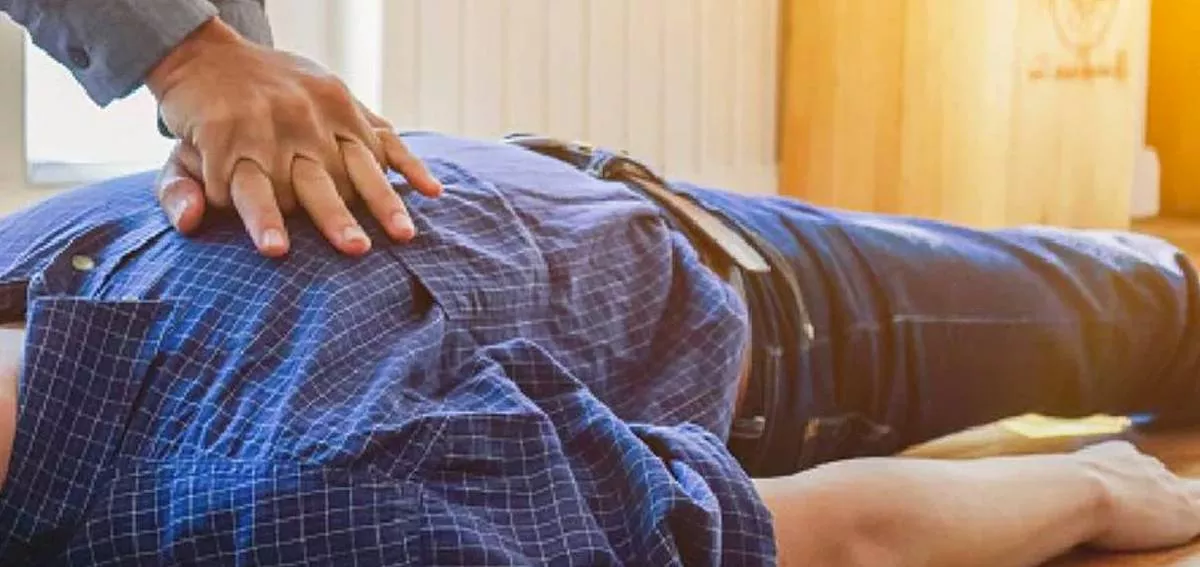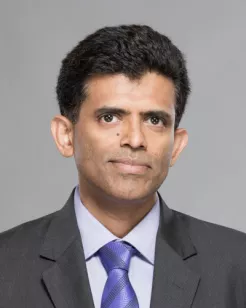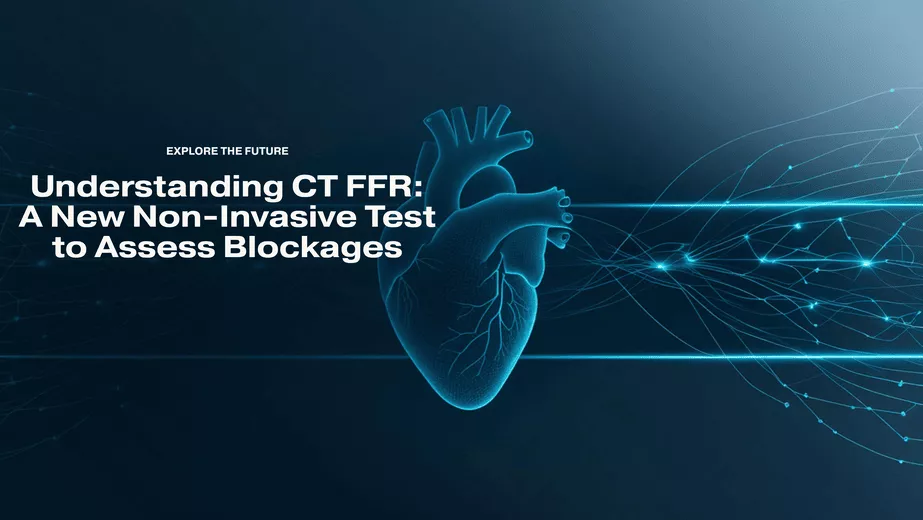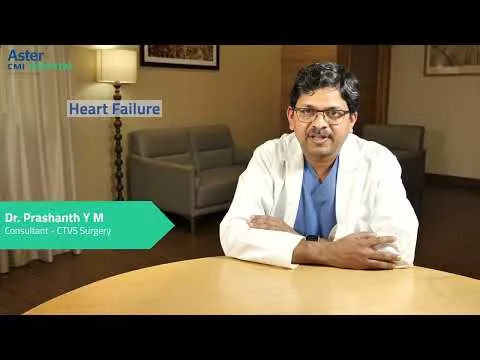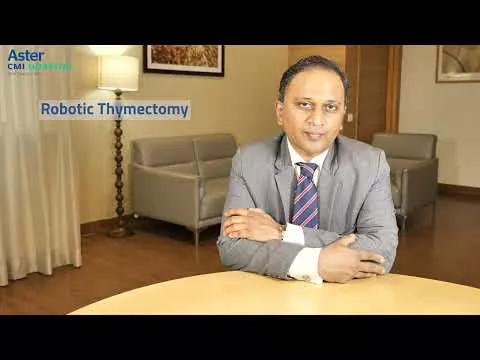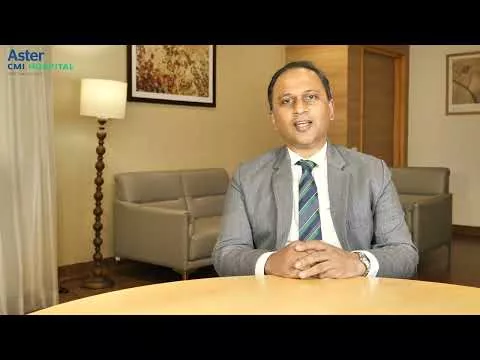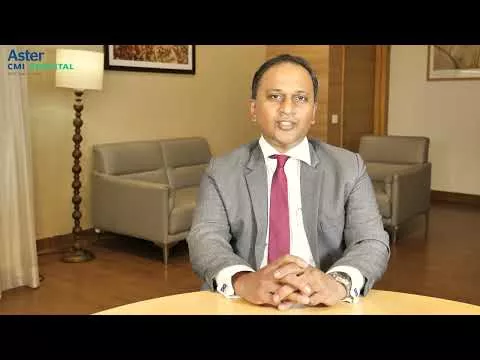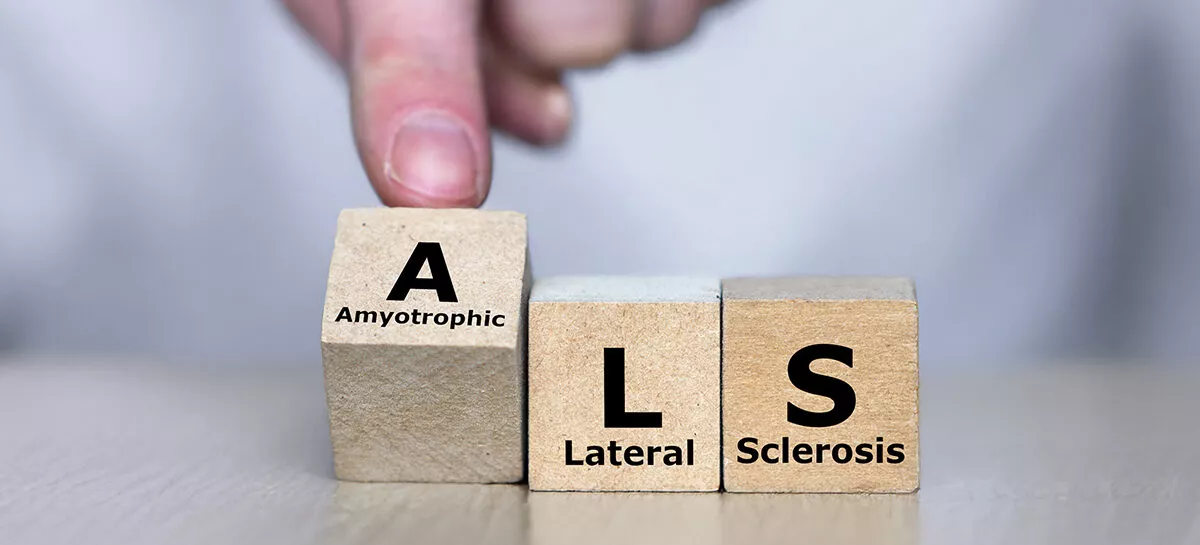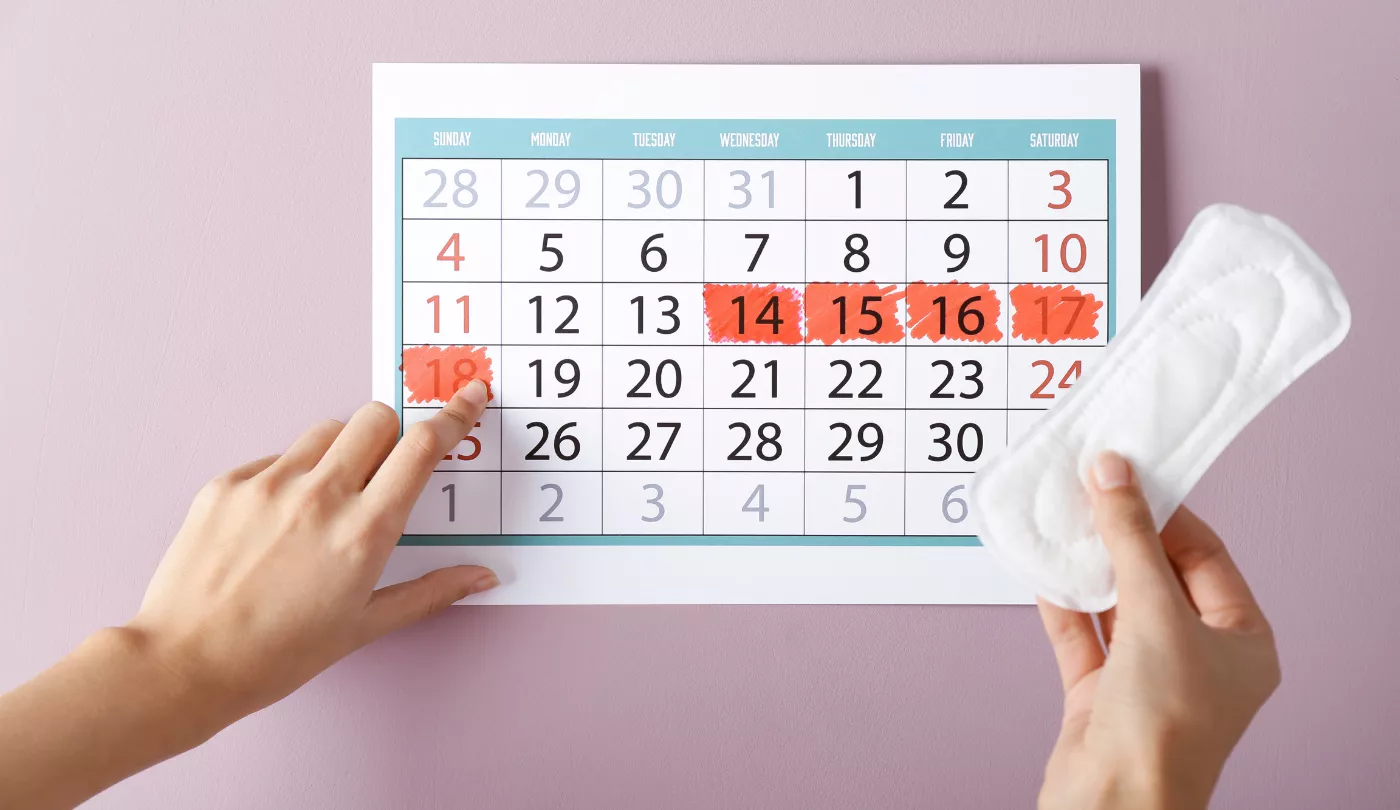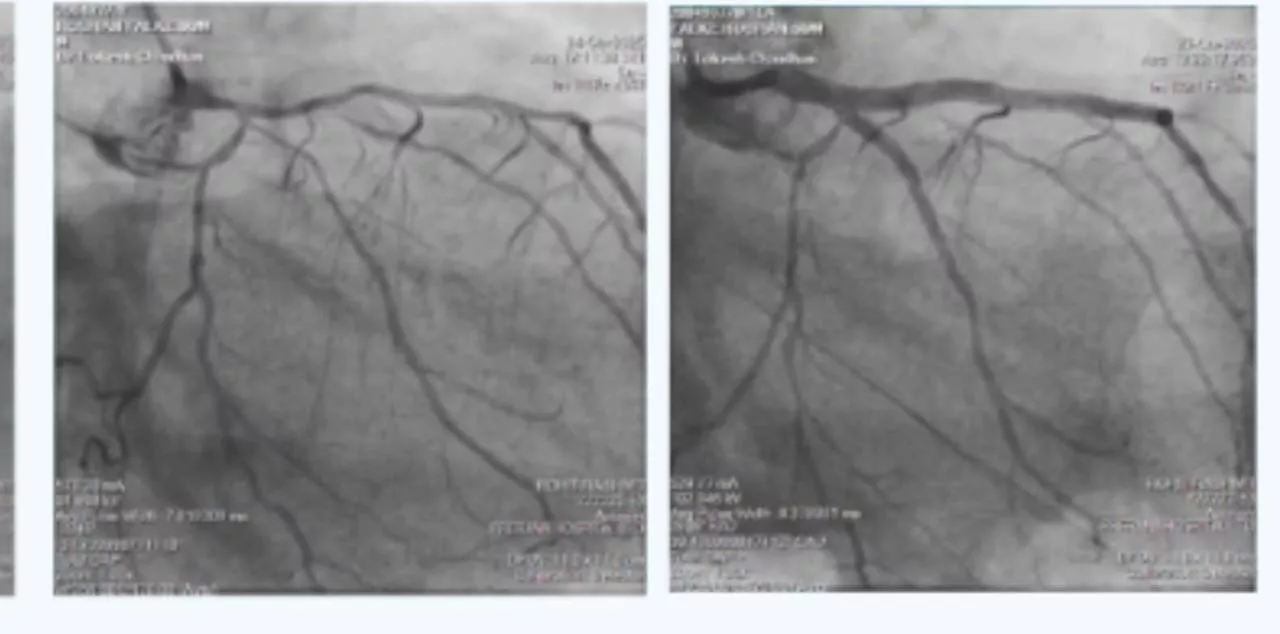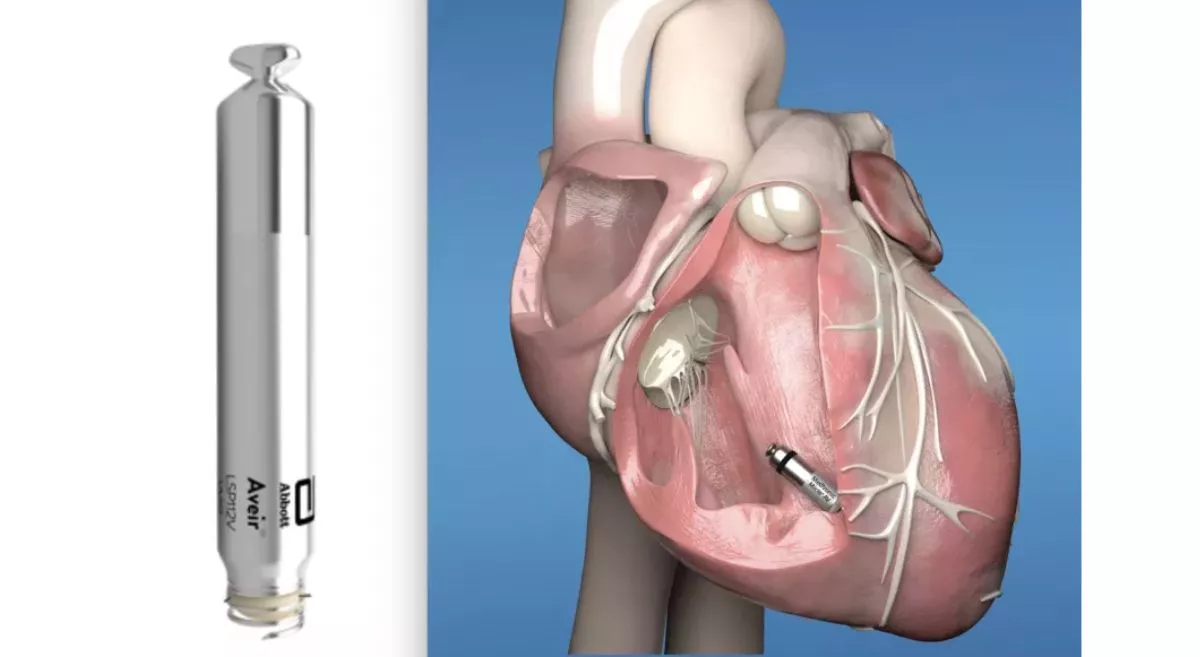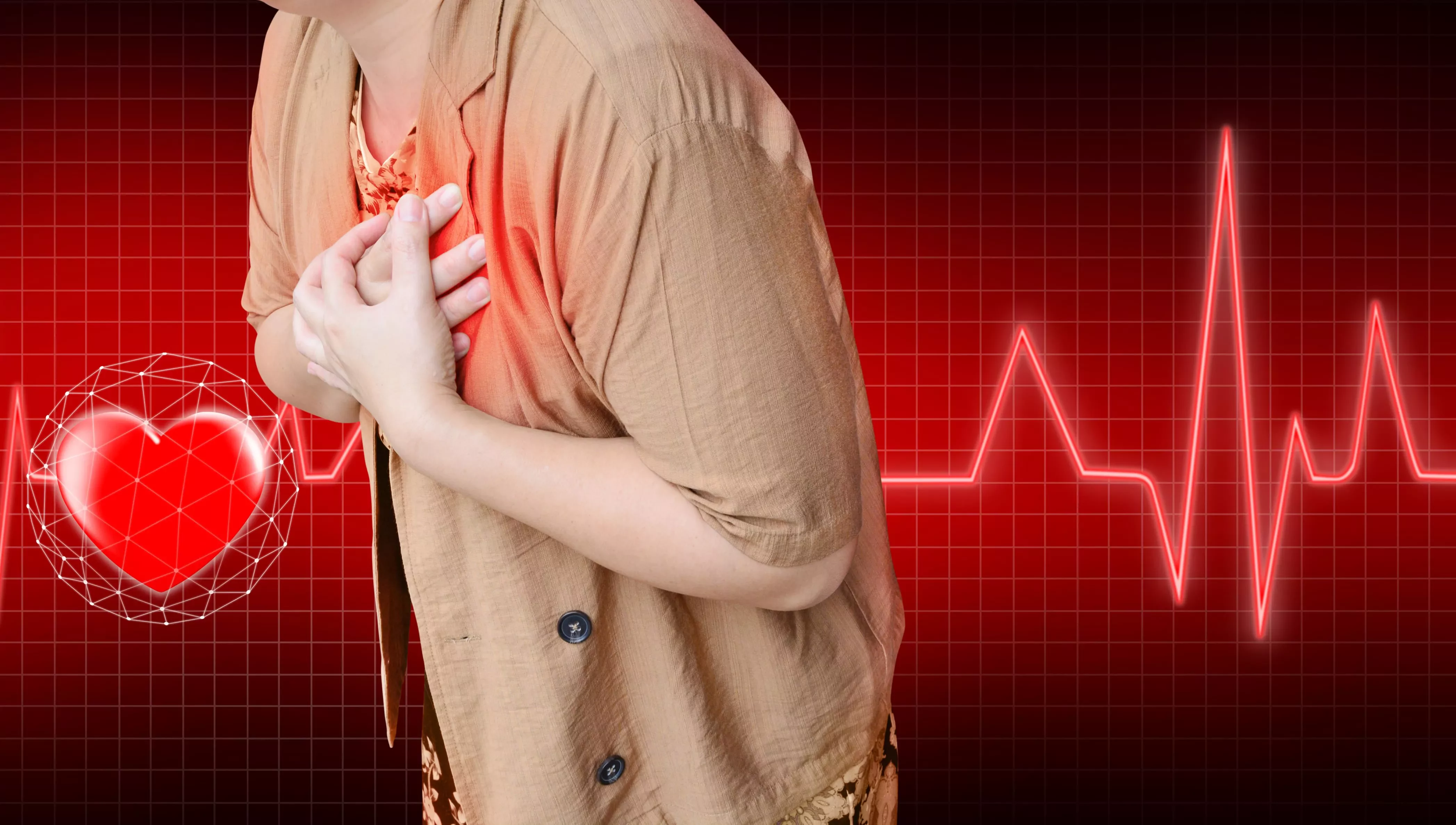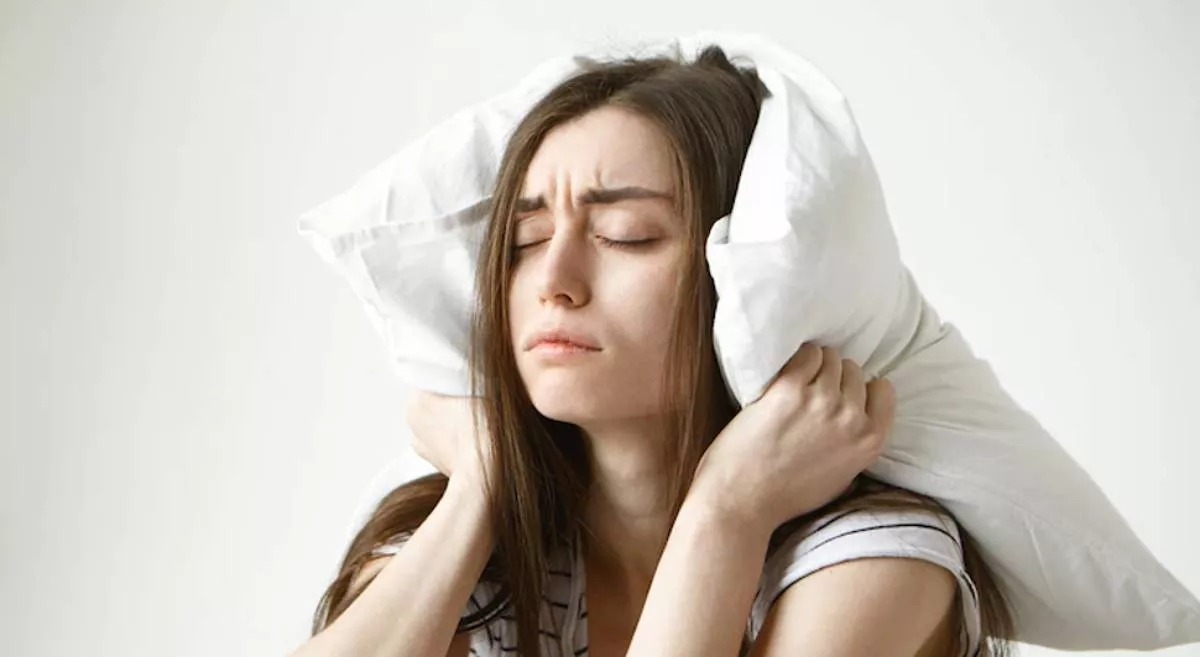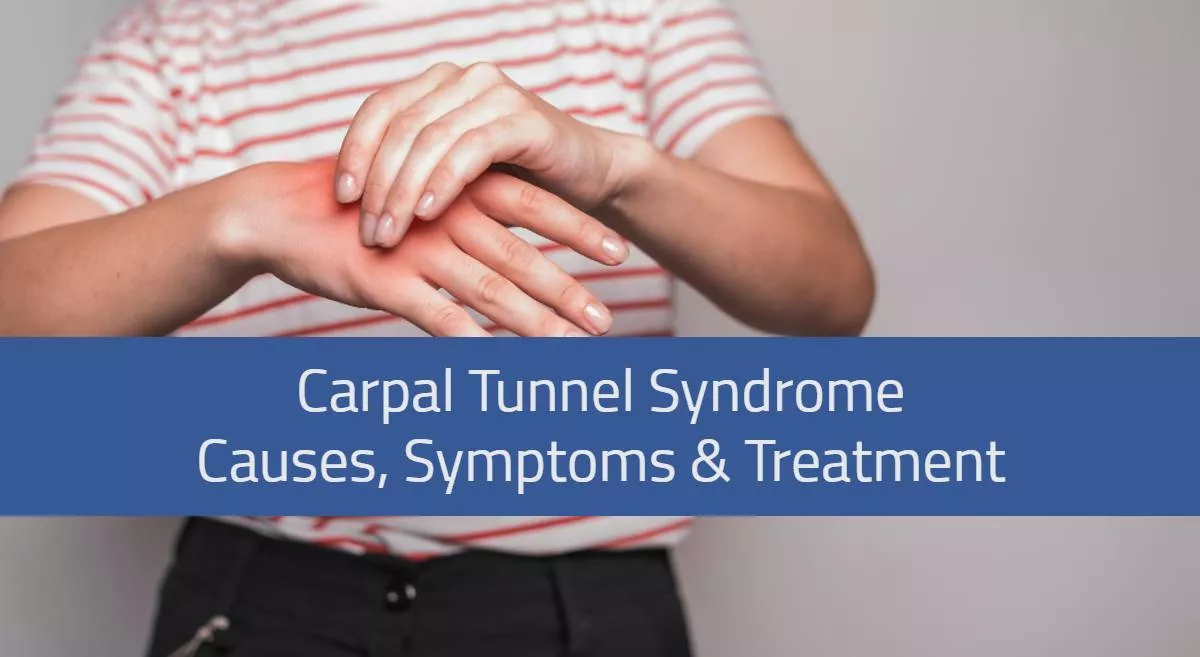According to a study, in India, a person dies of a heart attack every 40 seconds, and the majority of the people are aware that it is taking place. A heart attack is a grave medical condition. For signs of a heart attack, the average person waits three hours before seeking care. Many people who experience a heart attack lose their life before they reach a hospital. The sooner a person arrives at an emergency room, the greater his or her chances of surviving. The degree of heart damage is reduced when medical treatment is received quickly. As a result, it is critical to recognise the signs and symptoms of a heart attack so that the person has a higher chance of recovering.
If you are in Bangalore, visiting a reputed cardiology hospital in Bangalore or a trusted heart hospital in Bangalore as soon as possible can make a huge difference in treatment outcomes.
So, what should be done when someone has a heart attack? Here is some helpful advice on how to save a person having a heart attack.
Symptoms
The signs and symptoms of a heart attack differ from one person to person. They might range from minor to severe. Diabetic patients, women and elderly people are more likely to experience subtle or atypical symptoms.
Adults may have the following common symptoms:
- Changes in mental health, particularly in the elderly
- Pressure, squeezing or a feeling of fullness in the chest (most of the time, the pain is in the centre of the chest, but the shoulder, jaw, arms, stomach and back may also be affected. It can last for a few minutes, or it can come and go.)
- A tingling, numbness or painful sensation in the arm (sometimes, only the right or the left arm is affected)
- Weakness or weariness, particularly in women and elderly persons
- Excessive sweating even in cold weather
- Light-headedness.
- Nausea and vomiting
- Indigestion
- Shortness of breath
What to do when someone is having a heart attack?
It's easy to panic in an emergency. However, remaining calm will help ensure that your family member or friend (or even yourself) receives immediate assistance.
Dial 102
A heart attack is a critical medical emergency, and the fastest way to receive life-saving treatment is to contact 102. This is because emergency medical care personnel can undertake interventions as soon as they arrive and on their way to the hospital.
Take medicine for chest pain
If you or someone who is having a heart attack has been prescribed medicine, take said medicine during the symptoms. If you do not have access to chest pain medicine, some doctors prescribe taking 325 milligrams of aspirin to help avoid heart damage or the formation of a hazardous blood clot. However, take aspirin only if you do not have a history of allergic reactions to aspirin, or it will only worsen the situation.
Stay calm
While you wait for emergency help, try to stay cool, loosen any clothing you can, and rest. If you think you are suffering a heart attack, don't eat or drink anything except medication, and do not let anyone else do so either.
Use Cardiopulmonary Resuscitation (CPR) if required
Call 102 and check for a pulse if the individual becomes unconscious and unresponsive. Start CPR if there is no pulse. Always perform one minute of CPR on a child or infant before dialling 102.
Why is it so critical to seek assistance right away?
The first and most crucial thing to do if you suspect someone (or even yourself) is experiencing a heart attack is to dial 102. Do not contact your doctor or drive to the hospital. This can squander valuable treatment time. Also, do not wait and hope for symptoms to go away on their own.
Things that you should not do
• Do not leave the patient alone.
• Do not let the person downplay the symptoms or persuade you not to seek medical care.
• Do not wait for the symptoms to disappear.
• Do not give the person anything by mouth unless they have been prescribed cardiac medication.
How to prevent heart conditions in people
Adults should take action to reduce their risk of heart disease whenever possible.
- Quit smoking. The risk of having heart disease is more than doubled when you smoke.
- Keep your cholesterol levels, blood pressure and diabetes under control, and follow your doctor's instructions.
- Try to shed some weight and help yourself if you think you are obese or overweight.
- Exercise regularly to boost your heart health. (Before beginning any new exercise programme, be sure to consult your doctor.)
- Eat a diet that is good for your heart. Certain food that should be avoided include carbohydrates, saturated fats and red meat. Incorporate more poultry, fish, fresh fruits and veggies and whole grains into your diet. Your healthcare professional can assist you in creating a diet that is tailored to your individual needs.
- Keep your alcohol consumption to a minimum. One drink per day is linked to a lower risk of heart attacks, while two or more drinks per day can harm the heart and cause other health issues.
Taking consultation from the best cardiologist in Bangalore would be wise as they are internationally trained & one of the best cardiologists to provide advanced treatment.
FAQs:
1. What is the main cause of cardiac arrest on the most common level?
Ventricular fibrillation and arrhythmia are the two common causes of cardiac arrest.
2. What happens if you do chest compressions on a beating heart?
By performing CPR, you are increasing the likelihood of the patient. He will be breathing in the air, and it lets the lungs fill with fresh oxygen.
3. What is the correct hand position for CPR?
Place the heel of one hand on the person's chest and then the palm of the other on top, and push down at a constant rate of 100 compressions per minute.
4. Does stress cause cardiac arrest?
Stress induces the risk of inflammation, blood pressure and cholesterol. These are the major reasons for a heart attack.
5. Can arguing cause cardiac arrest?
By arguing, you may lose your temper, and there would be a sudden increase in your pressure; this could trigger a heart attack.
